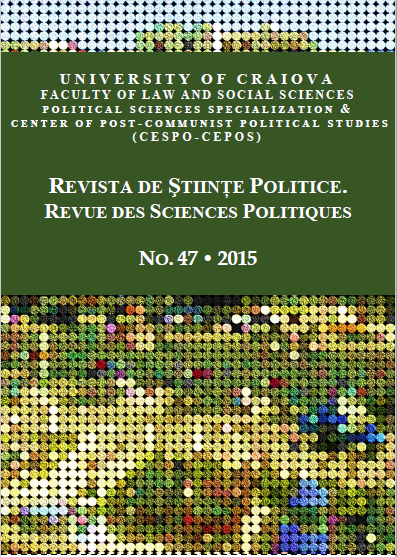The Right to Honour, Reputation and Image of the Natural and Legal Person in Post-Communist Romania
The Right to Honour, Reputation and Image of the Natural and Legal Person in Post-Communist Romania
Author(s): Nichita-Iulian Bușoiu, Laura Antoaneta SavaSubject(s): Media studies, Constitutional Law, Post-Communist Transformation
Published by: Editura Universitaria Craiova
Keywords: non-patrimonial right; dignity; freedom of expression; audio-visual communications; mass-media;
Summary/Abstract: The right to honour, reputation and image, as well as the right to privacy, tend to protect the peace and the tranquillity of personal and family life, resulting from the notion of freedom and hence the difficulty of determining the circumstances to put them into operation. If we assumed that the right to privacy absorbed the right to image, it could be declared about the right to dignity that it included the right to honour and reputation. Each of them should be considered as an autonomous right, but in the context of the protection of personality rights. Unlike the Communist regime, in the transitional period Romania, the legislator admitted that the infringement of non-patrimonial rights attracted the same consequences, either in the hypothesis of damaging the rights of individuals or legal persons, so that only the natural person had the name as attribute of identification, whereas the legal person was identified by the legal entity’s official legal name. Any infringement to the name of the natural person or legal person is, in fact, a violation of the right to honour, reputation or image. This article provides an overview on the evolution of the Romanian legislation on addressing the protection of these rights and of the concept that not only the individuals, but also the legal persons may suffer moral damages.
Journal: Revista de Științe Politice. Revue des Sciences Politiques
- Issue Year: 2015
- Issue No: 47
- Page Range: 196-205
- Page Count: 10
- Language: English

